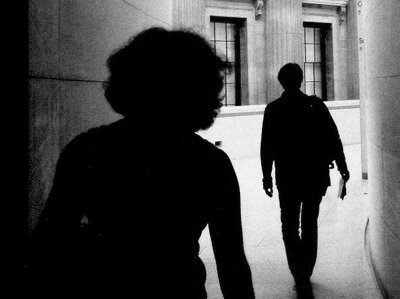
PS Buried in the annoying exhibition website is a nice video (warning: the opening shots are not a comment on the Russian revolution, but an advert for insurance - bear with them!)

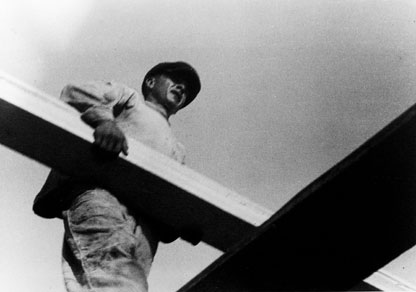
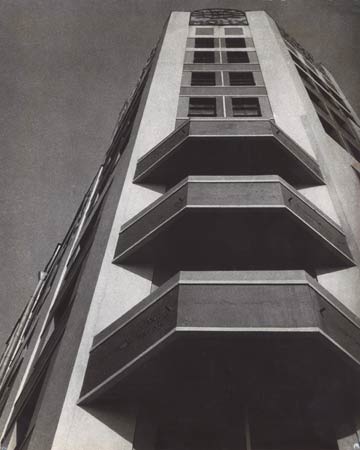
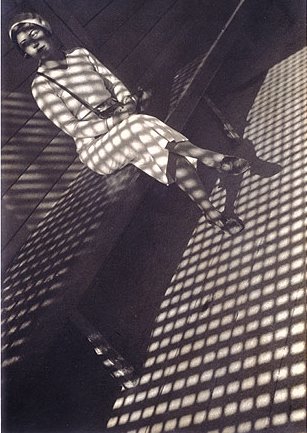
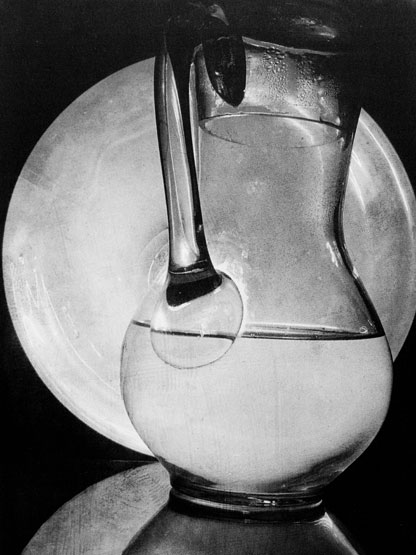
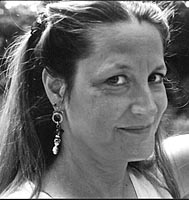 In the new Granta 100 (and what an odd publication that is – ‘something new and unpublished from a selection of our favourite writers’ surely isn’t sufficient criterion for a satisfying collection) is an extract from a novel-in-progress by Jayne Anne Phillips, and I recall why I was so excited when I read Black Tickets and Machine Dreams, and for some years spoke of her as a favourite writer. Then I kind of lost sight of her. I see she published a novel in 2000, Motherkind, which sounds very appealing, but I missed it completely – perhaps not well promoted over here. Time to look for that then, while I wait with impatience for the new one, remembering how compelling I find her sensuous evocation of lives on the edge - ‘dirty realism’, as the critics dubbed it, but spare not bare, with more heart than alienation. I later found something of the same spare but lyrical up-close physicality in the British novelist Julie Myerson, but never quite in anyone the voice I find again here:
In the new Granta 100 (and what an odd publication that is – ‘something new and unpublished from a selection of our favourite writers’ surely isn’t sufficient criterion for a satisfying collection) is an extract from a novel-in-progress by Jayne Anne Phillips, and I recall why I was so excited when I read Black Tickets and Machine Dreams, and for some years spoke of her as a favourite writer. Then I kind of lost sight of her. I see she published a novel in 2000, Motherkind, which sounds very appealing, but I missed it completely – perhaps not well promoted over here. Time to look for that then, while I wait with impatience for the new one, remembering how compelling I find her sensuous evocation of lives on the edge - ‘dirty realism’, as the critics dubbed it, but spare not bare, with more heart than alienation. I later found something of the same spare but lyrical up-close physicality in the British novelist Julie Myerson, but never quite in anyone the voice I find again here:He steps out of his boots and I see the shine of blond whiskers along his jaw, on his cheeks that look hollowed out. He’s got such long bones, Solly does, and a bruisy mouth, like his lips are a little swollen. Most people wouldn’t say he’s handsome though, his face is too mismatched, the square chin and straight nose, the deep-set eyes. He stands there dripping on the linoleum by the shelves of cans and bottles, filling the plastic jugs and capping them, and a steam nearly rises off him. The rain is cool and warm at once.
….He looks at me with that mix of hard and soft in his eyes, and he won’t look away. I open the refrigerator and reach into it like there’s something I need. ‘We’ll be fine.’, I say. There’s a beat of silence, like he’s waiting for me. ‘All right, Lark.’ Termite stays completely still. I can feel him, tuned in to us, to the spaces between our words, and I rattle the loose metal shelf in the fridge, shift jars and milk bottles, before I shut the big door.
…Then he moves past me and crouches by Termite’s chair. ‘Hey, Termite,’ he says, ‘you like rain? It’s raining. No wagon today.’ He puts his hand on Termite’s shoulders. ‘That wagon would fill up and float,’ he says softly, then he looks up at me. ‘He used to talk to me. He doesn’t answer me any more, I know he knows me.'
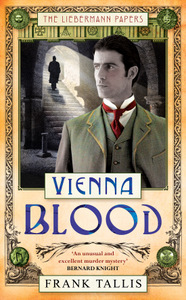 In a shop that sells cheap, remaindered books (reminding me always of Clive James' superb poem) I found a treasure, and no doubt the start of a minor new obsession. A Viennese treasure, it was, as beguilingly, perfectly formed as a slice of Sachertorte: a slice of the city at the time of Freud.
In a shop that sells cheap, remaindered books (reminding me always of Clive James' superb poem) I found a treasure, and no doubt the start of a minor new obsession. A Viennese treasure, it was, as beguilingly, perfectly formed as a slice of Sachertorte: a slice of the city at the time of Freud.